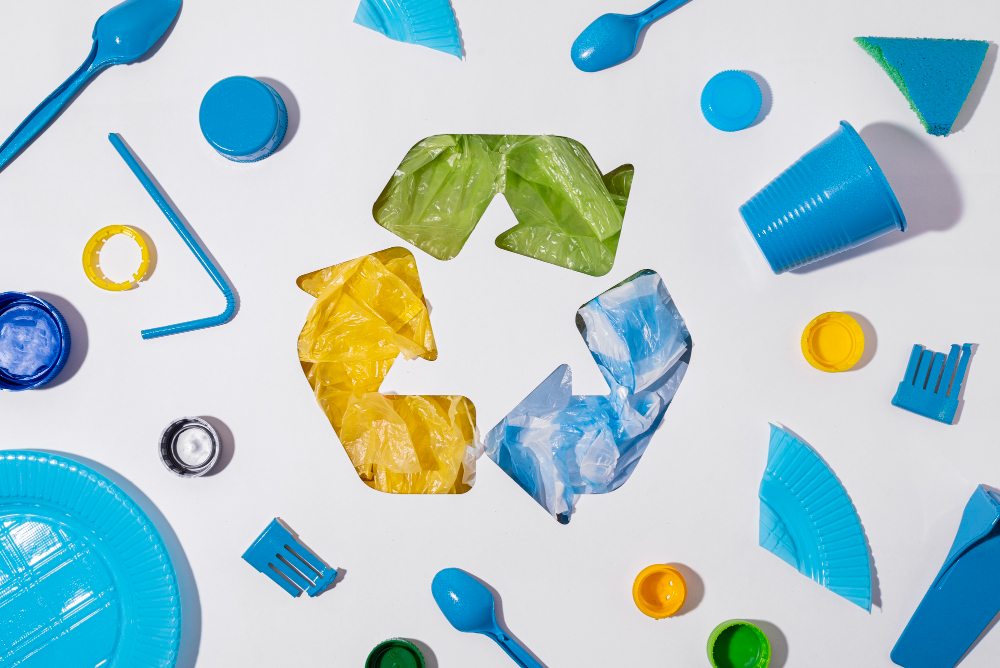
Plastic recycling is more than just a trend—it's a vital practice for preserving our planet and reducing waste. With New Jersey's growing commitment to sustainable practices, understanding the ins and outs of plastic recycling is essential. Whether you're a resident or a business owner, this guide will help you become more eco-conscious and make the most out of the recycling opportunities available in the Garden State.
Plastic recycling refers to the process of reprocessing used plastic materials into new products, reducing the need for virgin plastic production. This process not only conserves resources but also minimizes pollution and helps manage waste effectively.
Not all plastics are created equal. There are various types, each identified by a recycling code:
Understanding these codes helps in sorting and properly recycling plastics.
Recycling plastic significantly reduces the environmental footprint. Less energy is required compared to producing new plastics, and it helps reduce the volume of plastic waste that ends up in landfills and oceans.
Recycling supports local economies by creating jobs in the collection, processing, and selling of recycled materials. In New Jersey, where industrial activity is thriving, this can lead to sustainable economic growth.
New Jersey has strict regulations supporting recycling, including recent bans on single-use plastics. These initiatives create a more conducive environment for recycling and encourage both businesses and individuals to adopt eco-friendly practices.
Refer to your local municipality's guidelines for specific instructions on what types of plastic can be recycled. This varies by location and often dictates what can be placed in curbside recycling bins.
Ensure plastics are clean and free of food residues before recycling. Sorting them according to the recycling codes makes the process more efficient and reduces contamination.
Take advantage of local recycling centers. In New Jersey, facilities like All County Recycling provide comprehensive services and are equipped to handle various types of plastics.
If you're unsure about the recycling options available or need assistance, All County Recycling offers expert guidance. They provide tailored solutions for both residential and commercial recycling needs. Contact them today to request a quote and make a positive impact on the environment.
Encourage your team to participate in recycling initiatives. Providing educational sessions on the importance of recycling plastics can enhance participation rates.
Businesses can benefit from establishing an internal recycling program. This includes setting up designated bins, organizing regular pick-ups, and rewarding employees for their contributions.
Collaborating with local environmental groups or recycling companies can amplify your efforts and create a broader impact in the community.
Contamination occurs when non-recyclable materials are mixed with recyclables. This can be addressed by educating people on what can and cannot be recycled.
Many people are unaware of the types of plastics that are recyclable. Providing clear, accessible information can improve recycling rates.
While New Jersey is improving its recycling infrastructure, some areas may still face limited access. Advocating for more facilities and services can help overcome this barrier.
The future of plastic recycling in New Jersey looks promising, with continued support from both government initiatives and private organizations. Advancements in recycling technology and increased public awareness are expected to drive further improvements.
By actively participating in recycling efforts and utilizing resources like All County Recycling, New Jersey residents and businesses can significantly contribute to a more sustainable future.
Plastic recycling in New Jersey is crucial for environmental sustainability and economic growth. By understanding the recycling process, following local guidelines, and utilizing available resources, you can make a meaningful impact.
Take the first step towards a greener future by reaching out to All County Recycling today.